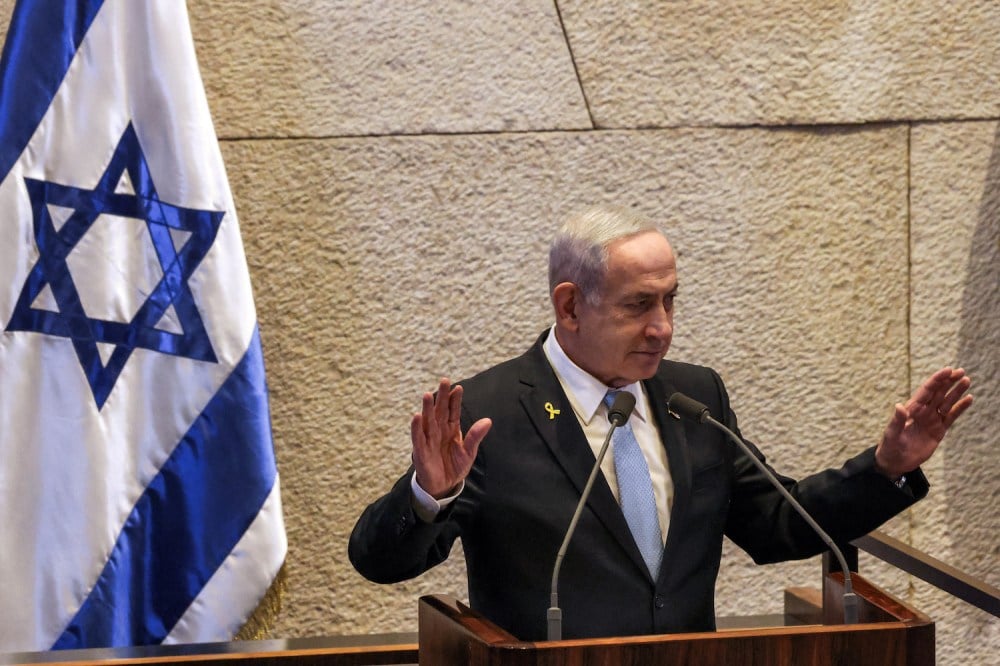Netanyahu Says Iran Leadership Topple Not Official Goal
In a high-profile interview on June 19, 2025, Israeli Prime Minister Benjamin Netanyahu made bold statements regarding Israel’s stance on Iran’s nuclear program, asserting that Israel has the military capacity to dismantle all of Iran’s nuclear sites—without assistance from the United States. While he reaffirmed Israel’s readiness to act independently if necessary, Netanyahu clarified that regime change in Tehran is not Israel’s official objective.
Speaking amid escalating regional tensions, Netanyahu emphasized that any political transition in Iran should come from the Iranian people themselves, not via external intervention. However, he acknowledged that sustained military pressure on Iranian nuclear and defense infrastructure could, as a byproduct, accelerate internal political shifts or create conditions for leadership change in Tehran.
His remarks come in the wake of intensified Israeli airstrikes targeting Iranian military and nuclear assets—attacks that have sparked renewed speculation in Washington and European capitals regarding possible U.S. coordination or tacit approval. While U.S. officials have neither confirmed nor denied involvement, the increasing frequency and precision of these strikes have fueled debate among international observers.
Netanyahu’s statement is seen by many analysts as both a strategic warning and a diplomatic message, aimed at reinforcing Israel’s deterrence posture while distancing itself from direct advocacy of regime change—a stance likely designed to reassure both Western allies and global markets.
As Iran continues uranium enrichment, despite ongoing international pressure, questions are mounting over whether Israel’s unilateral approach could complicate or undermine broader diplomatic efforts. With European Union negotiators attempting to broker renewed talks and limit proliferation risks, Netanyahu’s open declaration of military readiness has added urgency to the geopolitical landscape.
Defense analysts also point out that Israel’s growing assertiveness reflects concerns about Iran nearing a nuclear breakout threshold, and a belief that time is running short for non-military solutions. Still, critics warn that escalation without diplomatic guardrails could lead to wider regional instability.
As world powers continue to balance diplomacy, sanctions, and deterrence, Israel’s evolving strategy toward Iran’s nuclear program—and its implications for regional and global security—remains a focal point of international concern.








